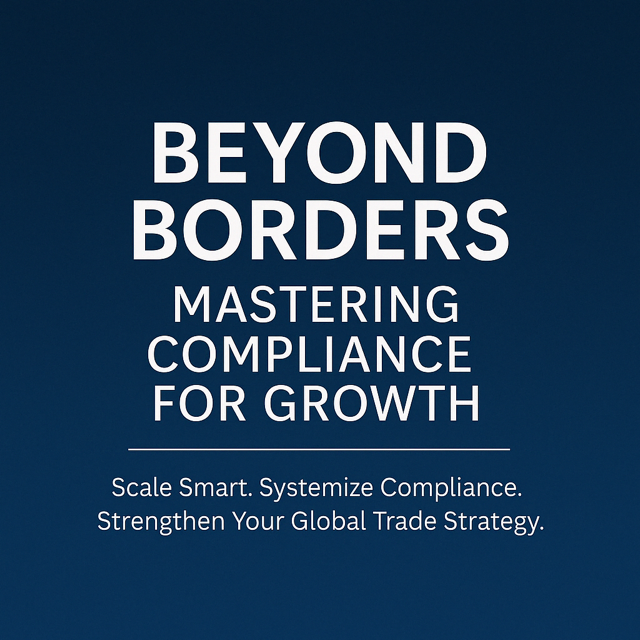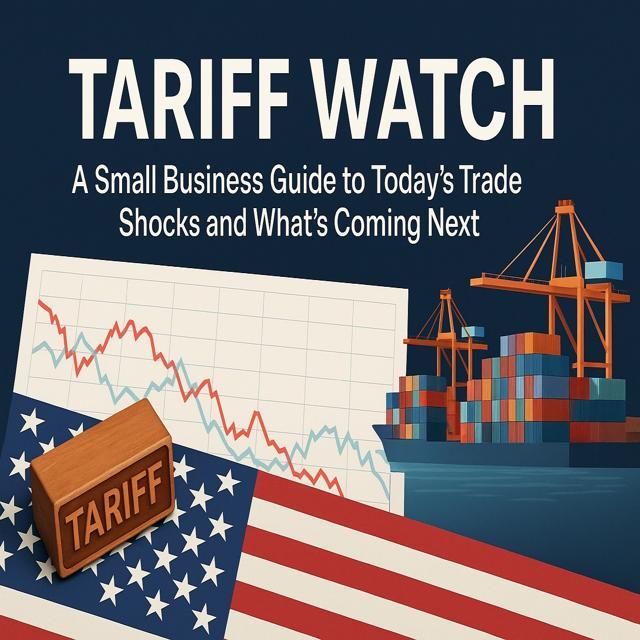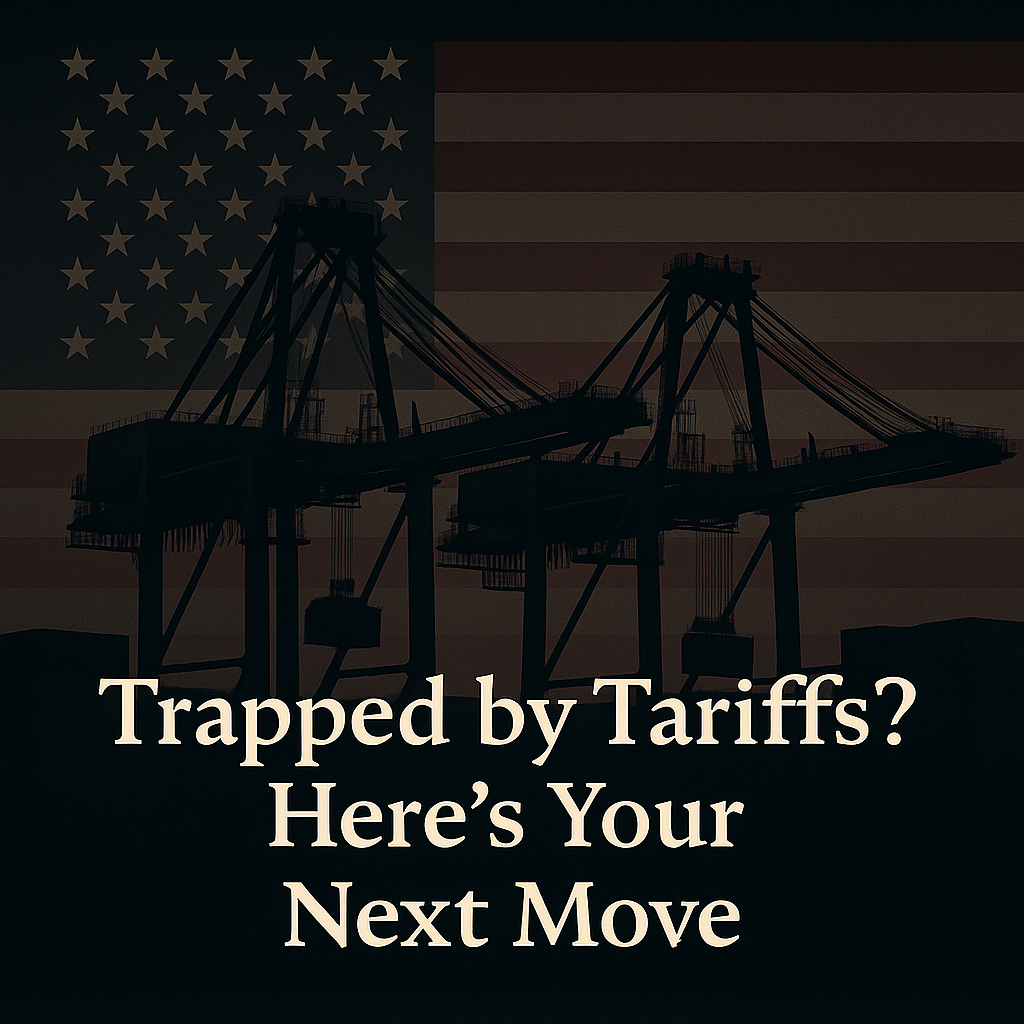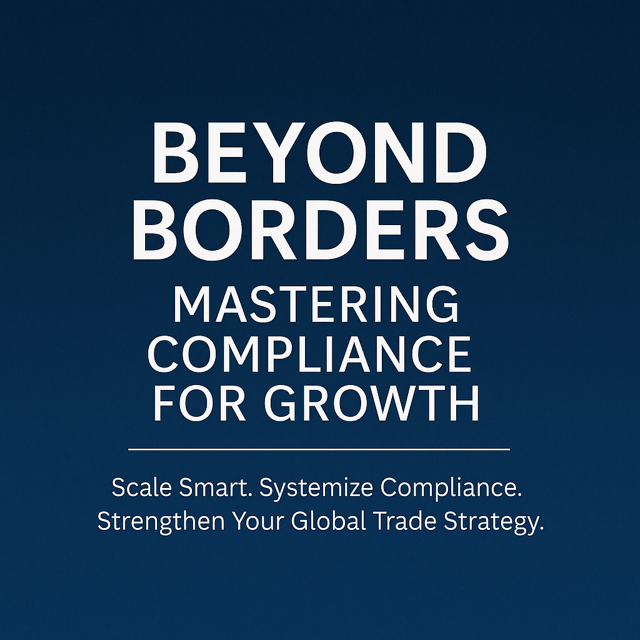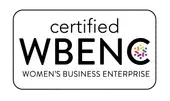Audio Conversation:
Full Blog Article:
For small businesses stepping into the world of global trade, few things are as intimidating or disruptive as a customs audit. One audit letter can bring operations to a screeching halt, triggering stress, costs, and potential penalties. But the truth is, many audits are preventable. U.S. Customs and Border Protection (CBP) typically doesn’t act randomly; they are looking for specific red flags that indicate non-compliance.
Whether you’re importing raw materials or exporting finished goods, understanding what could put your business on CBP’s radar is key. In this article, we’ll break down 10 of the most common red flags that could lead to a customs audit and share practical tips on how to avoid them.
1.
Inaccurate or Inconsistent Harmonized System (HS) Codes
HS codes determine your duties, taxes, and eligibility for trade programs. Misclassification, whether accidental or intentional, is one of the most common audit triggers.
How to Avoid It:
Use the U.S. International Trade Commission’s HTS Search Tool and consult a licensed customs broker to verify the correct classification. Consider requesting a binding ruling from CBP for complex products.
2.
Declaring an Incorrect Valuation
CBP uses the declared value to calculate duties. Under-
or over-stating the value can be seen as an attempt to avoid paying the correct duty amount, which is a serious violation.
How to Avoid It:
Understand the transaction value method (most commonly used) and ensure all costs, like assists, commissions, and royalties, are included where applicable.
3.
Improper Use of Free Trade Agreements
Claiming duty-free benefits under agreements like USMCA without proper documentation or product eligibility can trigger retroactive audits.
How to Avoid It:
Confirm your product meets the rules of origin and maintain Certificates of Origin. CBP requires documentation for up to 5 years.
4.
Frequent Amendments or Post-Summary Corrections
If you’re constantly correcting Importer Security Filings (ISFs) or CBP Form 7501 entries, it suggests a lack of internal controls and may draw scrutiny.
How to Avoid It:
Implement internal audits and train your team to review all customs filings before submission. Limit the need for corrections by getting it right the first time.
5.
Suspicious Country of Origin Claims
Labeling goods as “Made in USA” or misrepresenting the origin to avoid tariffs (e.g., on Chinese-origin goods subject to Section 301 duties) can lead to penalties.
How to Avoid It:
Understand country of origin rules, especially in the context of anti-dumping, countervailing duties (AD/CVD), or 301 tariffs. Use CBP’s origin marking regulations as your guide.
6.
Discrepancies Between Documents
If your invoice, packing list, and bill of lading don’t align, it raises suspicion. Customs looks for consistency across all entry documents.
How to Avoid It:
Adopt document control processes that require cross-checking for consistency. Don’t let small mistakes turn into big audit risks.
7.
Dealing with Denied or Restricted Parties
Doing business with individuals or companies on the Denied Party List, even unknowingly, can result in major compliance issues and stiff penalties.
How to Avoid It:
Screen all partners through the Consolidated Screening List at export.govbefore every transaction.
8.
Importing Goods Subject to AD/CVD Orders
Some commodities, especially steel, aluminum, and chemicals, are subject to anti-dumping and countervailing duties. Importing these without full disclosure is high-risk.
How to Avoid It:
Check the Department of Commerce’s AD/CVD database and work with a broker who knows how to flag and document these products properly.
9.
Failing to Maintain Records
CBP requires importers and exporters to keep transaction records for a minimum of five years. If you can’t produce documents upon request, it’s a major red flag.
How to Avoid It:
Implement digital recordkeeping systems with secure backups. Ensure all trade documents (including shipping documents, customs forms, and invoices) are accessible for auditing.
10.
Using Unvetted or Unqualified Service Providers
Brokers or freight forwarders unfamiliar with your product or trade lane can introduce risk through misfiling, misclassification, or delayed reporting.
How to Avoid It:
Partner with licensed, experienced customs brokers and freight specialists who understand your industry and product flow. Look for firms who offer trade consulting in addition to standard logistics services.
How a U.S. Customs Broker and Freight Expert Can Help
For small businesses, the idea of navigating U.S. customs regulations solo can be overwhelming, and for good reason. The good news? You don’t have to go it alone.
Customs brokers are licensed professionals who serve as liaisons between you and CBP. They classify your goods correctly, file your entries on time, ensure accurate valuation, and keep your shipments compliant with evolving regulations.
Freight partners, especially those who specialize in international logistics, can coordinate shipping, carrier selection, and compliance screenings (including ISF, AES, and denied party checks).
Working with an experienced firm that provides both customs clearance and freight management under one roof, like Magnetic Precision Logistics, means fewer delays, better documentation, and a reduced risk of triggering an audit in the first place.
Summary: Key Takeaways
- Red flags like incorrect HS codes, misvaluations, or misused FTAs are common audit triggers.
- Documentation consistency and proper recordkeeping are essential for compliance.
- Avoiding denied parties, AD/CVD errors, and inaccurate COO claims can save your business from fines and delays.
- Customs brokers and freight partners can be invaluable allies for SMBs entering international markets.
- Proactive compliance is always less expensive and less stressful than a reactive audit defense.
Frequently Asked Questions (FAQs)
Q1: What is the most common reason small businesses get audited by CBP?
A1:
Most audits are triggered by inconsistencies in documentation or misclassification of products, particularly when duties seem lower than expected.
Q2:
Can I handle customs compliance without a customs broker?
A2:
Technically yes, but it’s risky. For small businesses, using a licensed broker greatly reduces the chance of errors that lead to audits or penalties.
Q3: What should I do if I receive a notice of audit from CBP?
A3:
Act quickly. Gather all related records, contact your customs broker, and consider hiring a trade compliance consultant to represent your interests during the review.
🎧🎙️Want to hear more?
Stay informed and inspired through two powerful channels:
- Borders & Bourbon - A Global Trade Podcast – Pour yourself a glass and join us for real talk on international trade. This show delivers solution-driven insights tailored for small businesses navigating the complexities of global markets. Available on all major streaming platforms.
- Global Trade Navigator - Prefer to read or listen to quick, practical tips? Explore more blog series articles like these or tune into the companion podcast on Spotify, where we break down each article to help you chart a smarter course through import/export compliance.
No matter your style, sip and listen, or scroll and learn, we’ve got your global trade journey covered.
References:
- U.S. International Trade Commission HTS Tool: Link
- CBP Binding Rulings Requirements: Link
- CBP Customs Value Guide: Link
- USMCA Compliance Information: Link
- eCFR Country of Origin Marking Rules: Link
- U.S. Consolidated Screening List: Link
- International Trade Administration - AD/CVD Search Database: Link
- CBP Recordkeeping Requirements: Link
If you're curious to see how we can help, please visit our website
http://magneticprecision.com/. For inquiries and questions, contact us atinquiries@magneticprecision.com.
Stay tuned for more insights as we continue our journey to mastering global trade compliance!

